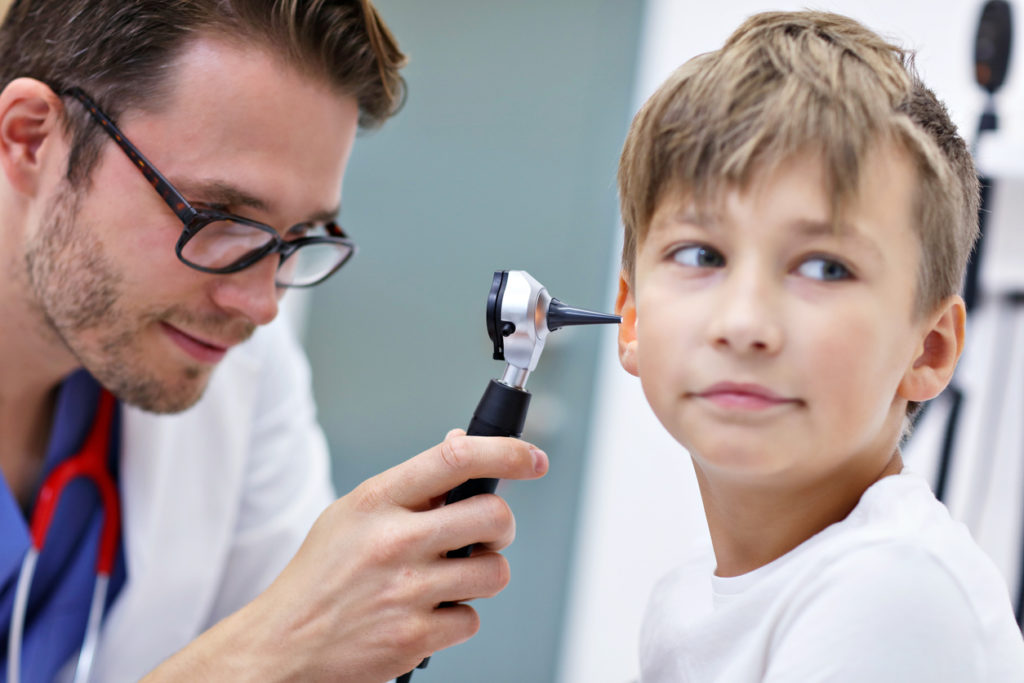Type 1 Diabetes is the most common life-long disorder with onset in childhood. Patients need insulin injections, blood sugar monitoring several times each day, and adhere to a strict diet. Adequate control of blood glucose is essential to prevent long term kidney and eye complications that result in kidney failure and blindness. Adolescence is a time when diabetes is difficult to control, due in part to high growth hormone levels causing insulin resistance ( a state where the body does not respond as strongly to insulin). This study will test whether treatment with rosiglitazone (an oral medication used frequently in type 2 diabetes) will reduce the insulin resistance of adolescence and improve the control of type 1 diabetes during puberty.
Official Title
The Addition of Rosiglitazone to Insulin in Adolescents With Type 1 Diabetes and Poor Glycaemic Control: a Randomized, Placebo Controlled Trial
Conditions
Type 1 Diabetes
Study Type
Interventional
Study Design
Treatment, Randomized, Double-Blind, Placebo Control, Crossover Assignment, Safety/Efficacy Study
Further Details
Primary Outcome Measures:
- HbA1c
Secondary Outcome Measures:
- insulin dose
- frequency of severe hypoglycaemia
- insulin sensitivity assessed by euglycaemic, hyperinsulinaemic clamp
- weight
- BMI-SDS
- skin fold thickness
- cholesterol
- adiponectin
- Ages Eligible for Study: 10 Years – 18 Years
- Genders Eligible for Study: Both
- T1DM duration > 1year
- age 10-18years
- HbA1c > 8%
- puberty > Tanner stage 2 breast or testis >4ml
- known non-compliance
- hypo unaware
Study Start
August 2003; Study completion: September 2005
Eligibility & Criteria
Inclusion Criteria:
Exclusion Criteria:
Total Enrolment
32
Contact Details
Sydney Children’s Hospital, Sydney, New South Wales, 2038, Australia
All content and media on the HealthEngine Blog is created and published online for informational purposes only. It is not intended to be a substitute for professional medical advice and should not be relied on as health or personal advice. Always seek the guidance of your doctor or other qualified health professional with any questions you may have regarding your health or a medical condition. Never disregard the advice of a medical professional, or delay in seeking it because of something you have read on this Website. If you think you may have a medical emergency, call your doctor, go to the nearest hospital emergency department, or call the emergency services immediately.







